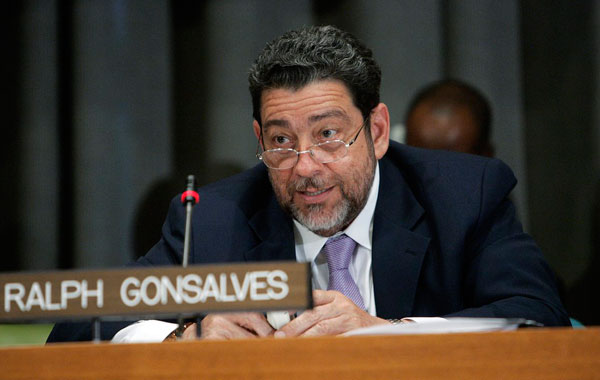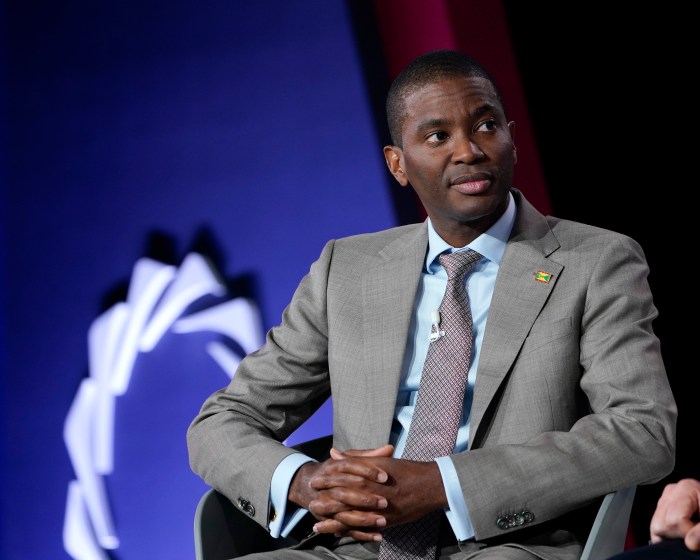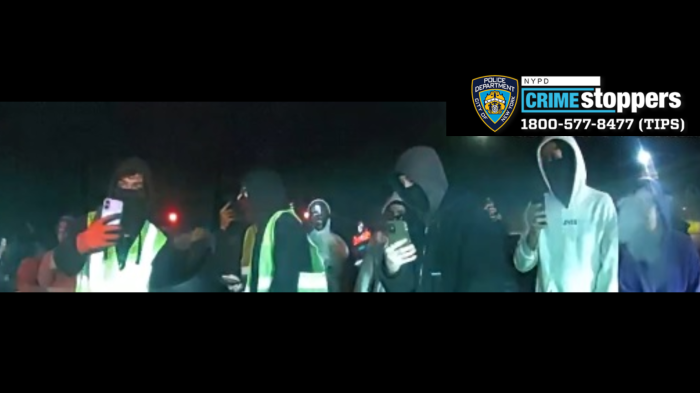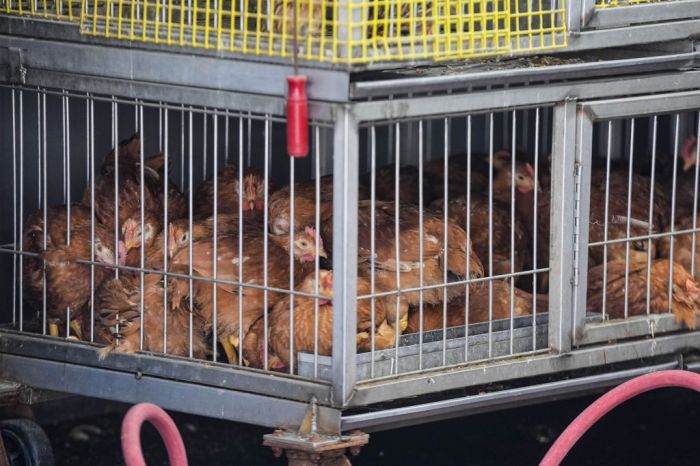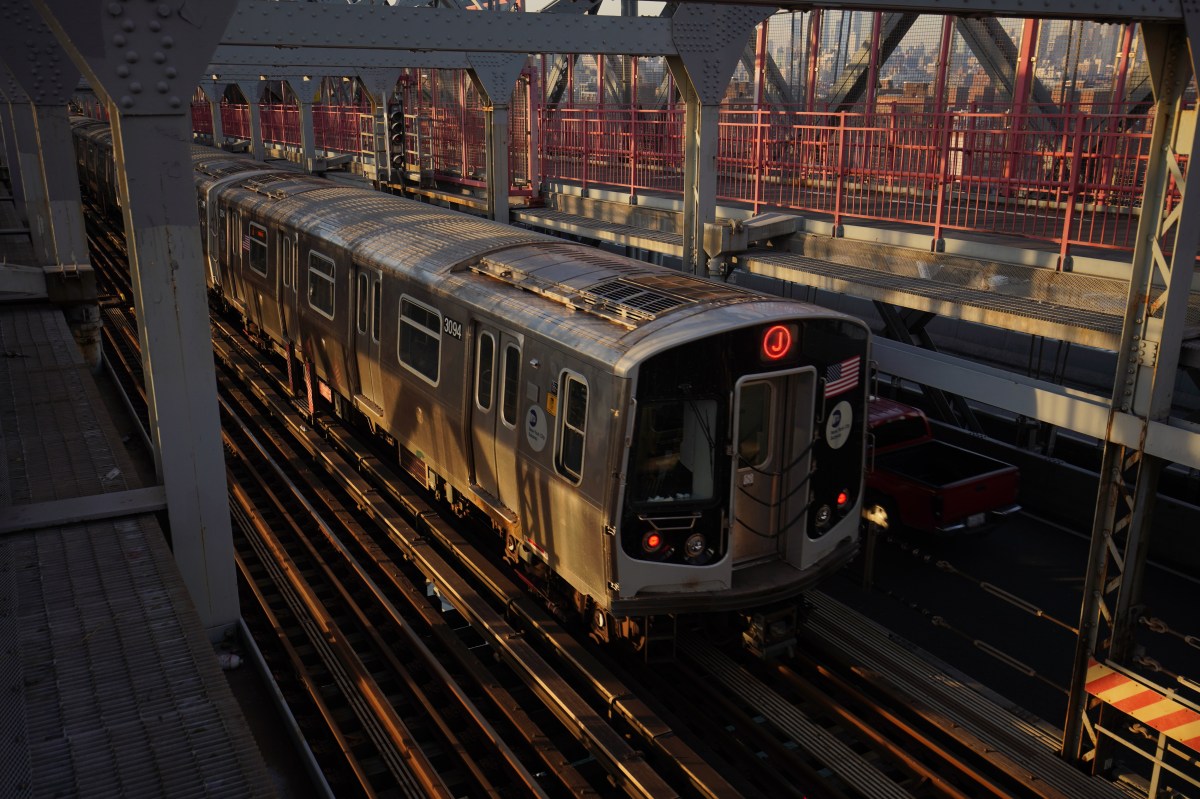The Caribbean Community appears to be getting way more organized than a month ago in accessing reasonable quantities of the COVID-19 vaccine with India this week announcing a donation of half a million doses of the AstraZeneca/Covidsheild that would initially be shared among member nations.
High Commissioner to Guyana and CARICOM, J.J Srinivasa this week unveiled the plan to help the region following official requests from leaders such as Barbados Prime Minister, Mia Mottley. The island received its allocation by private jet on Tuesday and Mottley said some would be shared with nearby Eastern Caribbean islands including Dominica in the coming days.
Other countries like Guyana are looking to cash in from several sources including China with Minister of Health, Dr. Frank Anthony saying the Chinese shipment is expected later this month. Vincentian Prime Minister, Ralph Gonsalves was scheduled to take a shot of the Russian Sputnik vaccine on Tuesday but it is unclear if his administration plans to access doses for the wider population. In all, Minister Anthony said Guyana has been able to source more than 270,000 doses so far, even though none has arrived in large quantities as yet. Barbados will get 100,000 doses, and like fellow community members, will concentrate on front line workers and the elderly first. No government in the region has attempted to make vaccinations mandatory but most have argued that the virus could be whipped if large numbers of people are in fact inoculated.
The Indian donation is being made at a time when several countries are heading into a second lockdown or are tightening travel protocols especially from countries where the virus is ravaging the local population. These include St. Lucia and St. Kitts as authorities fear the number of cases could rise if tourists are allowed to come in freely without restrictions and obedience to COVID-19 protocols.
Tiny Montserrat, for example, which rarely makes even regional news headlines, this week announced plans for a 14-day lock down from the beginning of this week to curb a recent spike in cases on the volcano-affected island of about 5,000. Only essential workers could be on the streets and only important places such as pharmacies could be open during the period. A curfew is in effect from 6 pm to 5 am officials said.
Barbados is also coming to the end of a second lockdown even as health officials recorded nearly 100 new cases in the past week and two more deaths taking the total to 20.
Meanwhile, the Indian government said it will later on try to provide additional supplies to the 15-nation bloc.
“I am working closely for the number of vaccines for Guyana, Antigua, St. Kitts and many other countries in the region,” High Commissioner Srinivasa told the Guyana Chronicle. “Our external supplies which are either gifts or commercial supplies are based on our domestic requirements, but we continue to work closely with our partner countries and we are preparing a schedule whereby in the coming weeks and months in a phased manner, these countries will get their vaccines.”
As the shipments begin to arrive, influential and long serving Dominican Prime Minister, Roosevelt Skeritt said the region was beginning to fight back and should see results.
“Guided by the results of the latest studies, this vaccine will reduce the likelihood of transmission to others. This means that Dominica as a country will soon be empowered to achieve a crucial objective, which is to further minimize and eventually stamp out the impact of the various strains of COVID-19. The vaccine will not be mandatory, but I would encourage all citizens to consider the danger of passing up such an opportunity as this to safeguard the health of yourself and your loved ones,” he said during an online meeting with PM Mottley.


